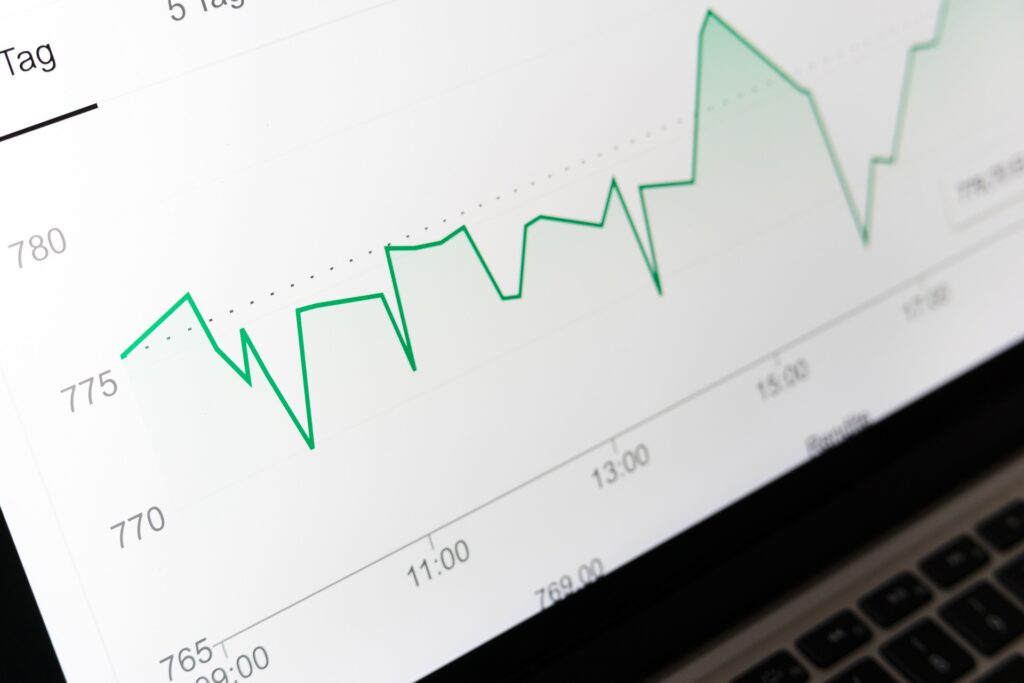
For the first time since the start of the pandemic, the Bank of Canada has been considering an interest rate increase. In January, inflation rates reached their highest levels in 3 decades. Compared to the previous year, this year’s inflation was recorded at 5.1 percent and the inflation rate is predicted to go up in the following years.
Despite the rising inflation, citizens of Canada can still lock in a low mortgage rate, and it is recommended for people to do so if they intend to purchase a property. However, the cost of living is increasing at a rapid pace which decreases the affordability of purchasing a house.
Economists are analyzing whether this sharp rise in inflation will result in a quick increase in interest rates. If such scenario occurs, people who are renewing their mortgages may have to pay a higher interest rate for the next term. Another important factor to note is that people are reacting differently to inflation and increasing interest rates. They are thinking that if they are unable to purchase a house in the current situation, they might not be able to purchase in the future. This has led to a sharp increase housing price.
During the pandemic, the dominant theme of economic recovery has been inflation. The price hikes are attributed to supply chain disruptions, labor shortages, and the ultra low interest rates are driving record activity in the real estate market.
Furthermore, the average individual salary has not increased at the same pace resulting in a decline in overall purchasing power. It is also unlikely that Canadians will obtain a short-term relief, as reported by several economists.
Doug Porter, chief economist at Bank of Montreal said, “The widespread nature of the price gains, including in many sectors that rarely see significant inflation, indicates that firms are readily able to pass on costs increases, especially at a time when consumer savings are relatively flush”.
It is predicted that the Bank of Canada will increase interest rates as early as March 2022 as the bond yields of February 2021 are stabilizing. The target of Bank of Canada is to maintain their rate at 0.25% while ending their quantitative easing program. The Bank of Canada has also revealed that inflation would remain at 5% during the first half of 2022, and decrease gradually to 3% by the end of the year.
Although the bank would hike rates slowly, a small number of hikes would accumulate in the long run. As of now, a $400,000 mortgage can be obtained by a qualified borrower at 1.35% percent with a monthly payment of$1,571. Just a quarter percent increase would result in an increase of $47 per month. But should the rate increase by a complete percentage point, the monthly payment would be $1,762. This equates to a 12 percent hike in expenses each month.
Real-estate prices are not included in the CPI (Consumer Price Index) because Statistics Canada has classified homes as assets. Nevertheless, housing prices have an influence on other costs which are linked to owning or renting a property. This also includes the costs that owners and renters would incur if they were to alter their living arrangements. The cost of replacement surged by 13.5 percent from the previous year which compensated the dis-inflationary influence of lower mortgage costs, which were 6.8 percent lower.


